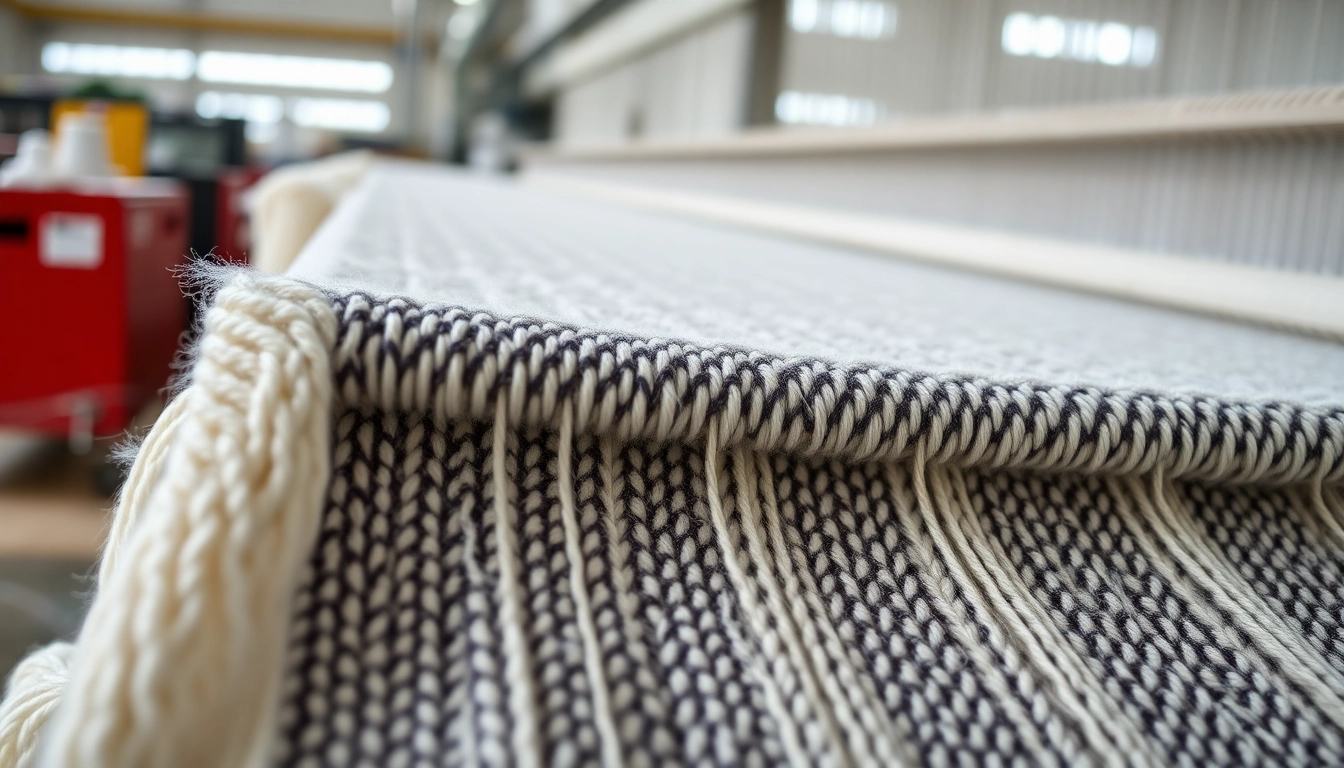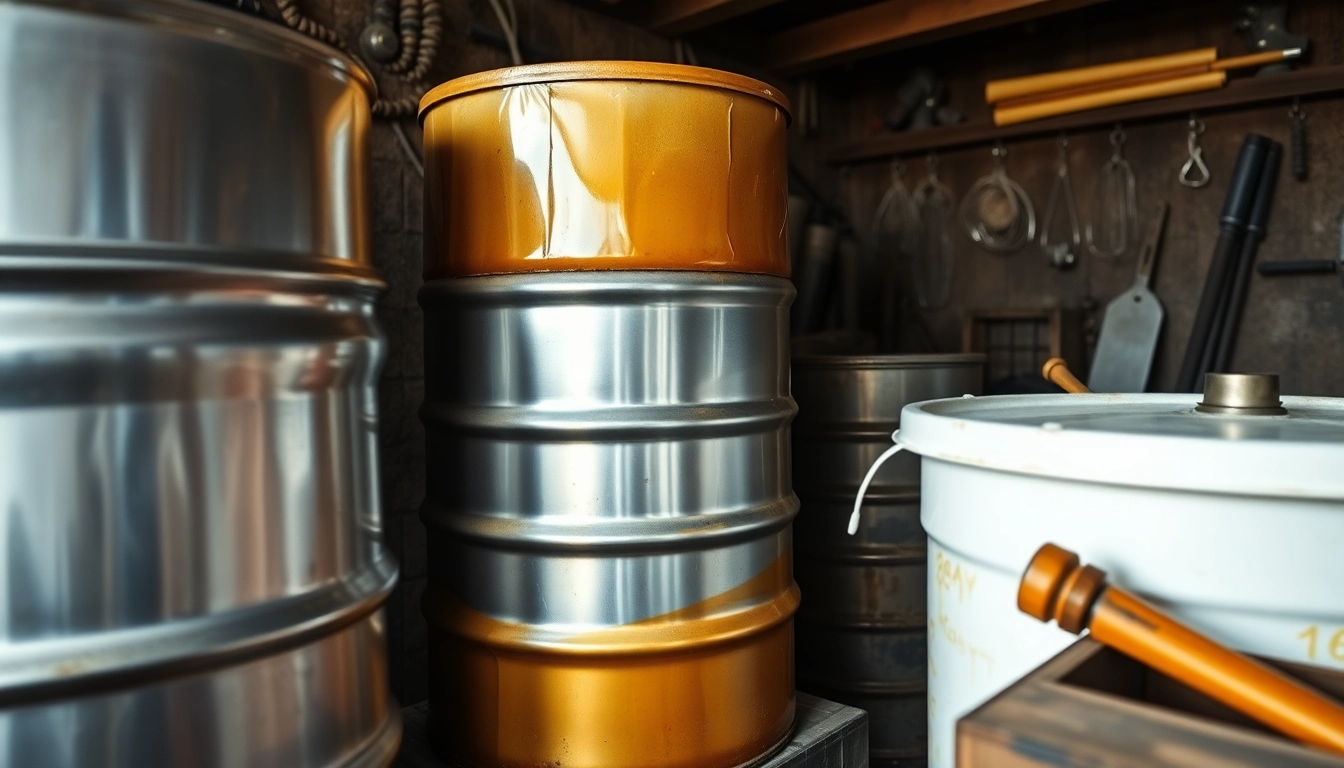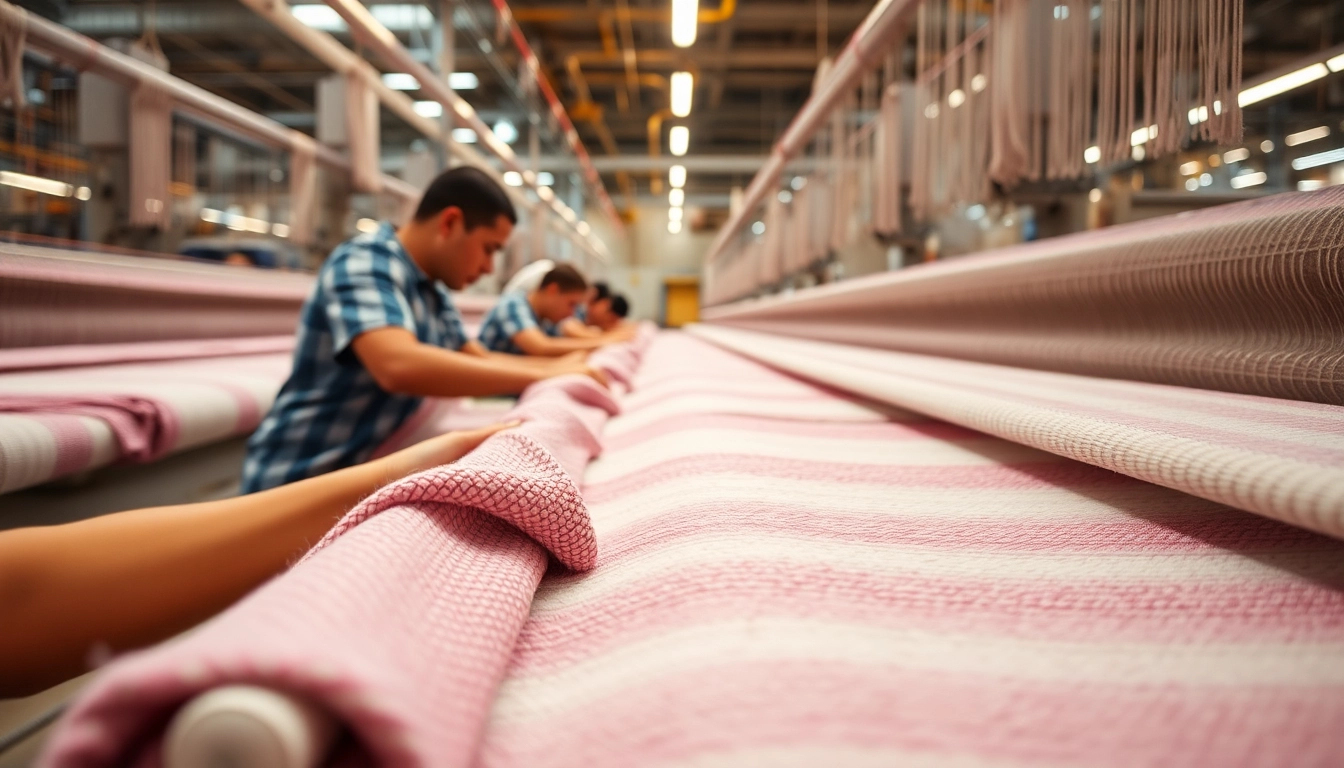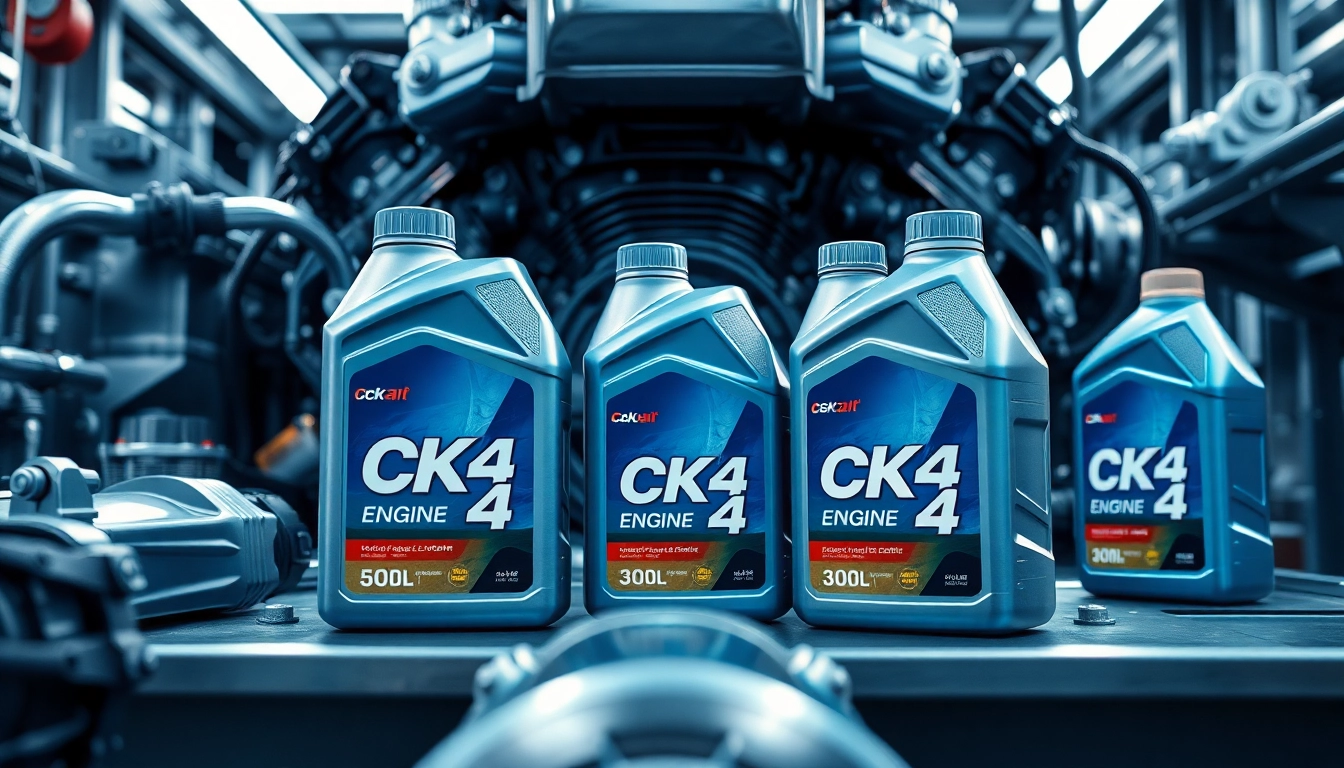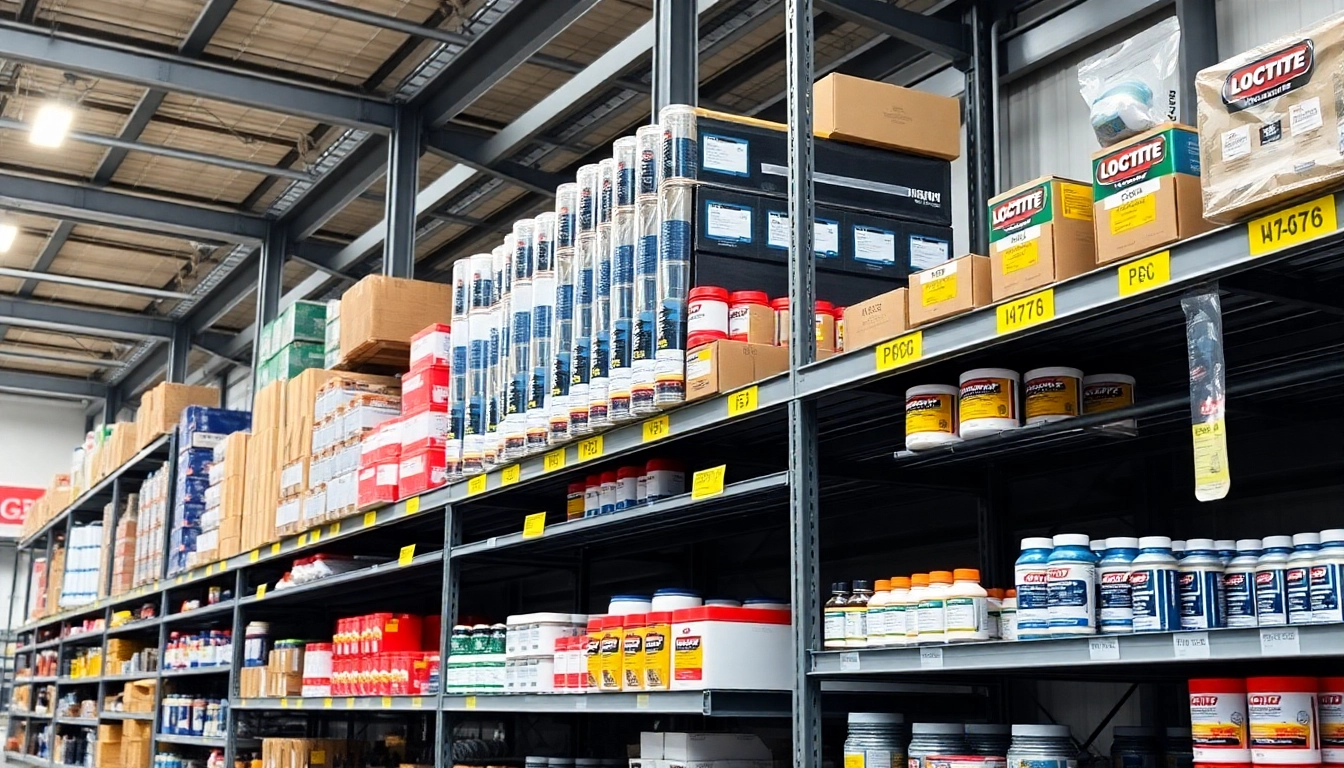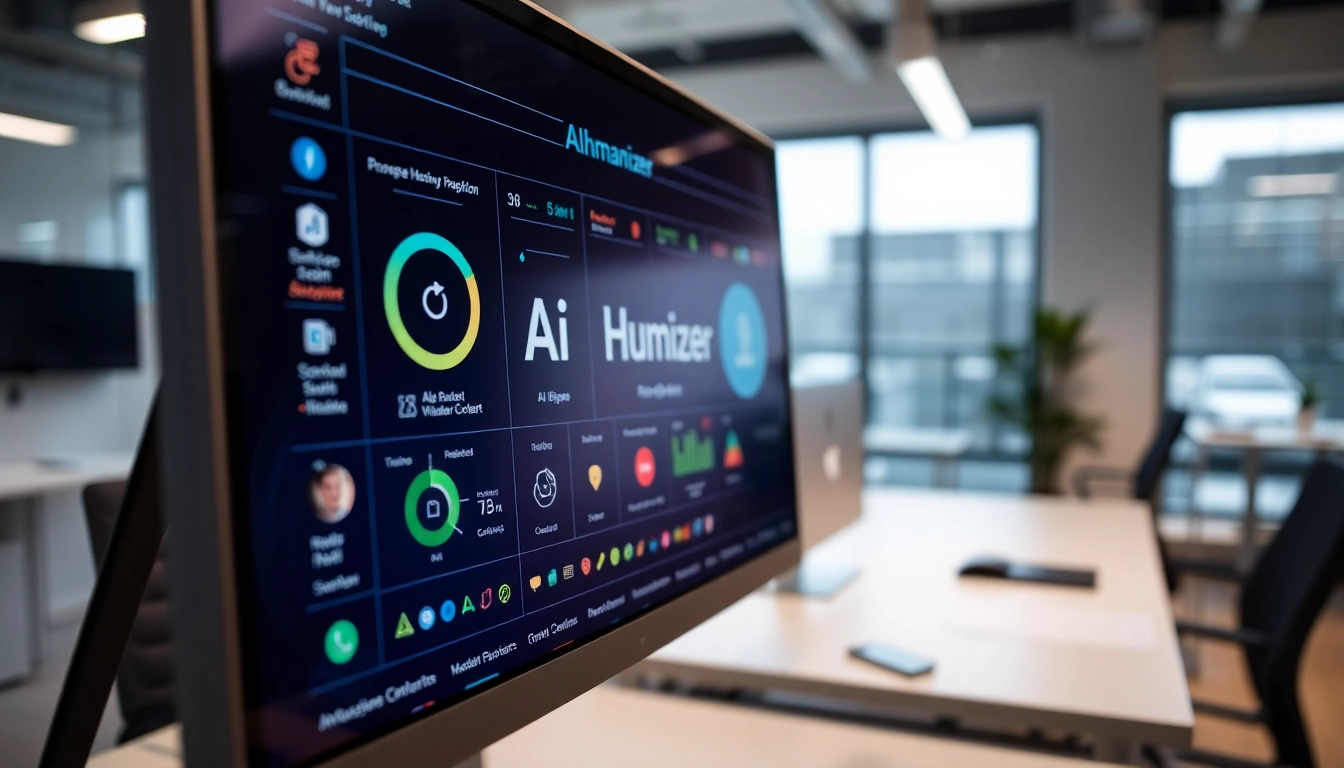Introduction to Towel Manufacturing in Pakistan
The towel manufacturing industry in Pakistan has rapidly evolved over recent decades, establishing itself as a significant player in both regional and international markets. This growth is driven by the country’s rich textile heritage, abundant raw materials such as high-quality cotton, and a skilled workforce equipped with specialized technical expertise. For newcomers and seasoned manufacturers alike, understanding the comprehensive towel manufacturing process in Pakistan is essential to produce high-standard products that meet global demands.
Overview of the Textile Industry in Pakistan
Pakistan’s textile sector is one of the largest contributors to its economy, accounting for over 8.5% of GDP and employing approximately 40% of the industrial labor force. The country is renowned for its cotton production, which provides the foundational raw material for towel manufacturing. The industry boasts a blend of traditional craftsmanship and modern technological adoption, with numerous mills operating state-of-the-art machinery. Major textile hubs such as Lahore, Faisalabad, and Karachi host clusters of towel manufacturing units that serve both local and export markets, particularly in countries requiring high-volume, durable, and customizable towels.
Importance of Towel Production in the Local Economy
Beyond its economic significance, towel production plays a crucial role in generating employment and fostering industrial development across Pakistan. Export-oriented towel manufacturing units significantly contribute to foreign exchange earnings, especially with increasing demand from markets in North America, Europe, and the Middle East. Moreover, the sector’s growth fosters allied industries such as dyeing, printing, and packaging, promoting a comprehensive supply chain that bolsters economic stability and regional prosperity.
Key Trends in Customized Towels and Export Markets
Customization has become a strategic focus in Pakistan’s towel industry, driven by rising consumer preferences for personalized products. Techniques like embroidery, printing, and logo application enable brands to distinguish their products on an international scale. Export markets now seek not only high-quality bulk production but also tailored towels with unique design features, eco-friendly finishes, and innovative textures, aligning with global sustainability trends and branding needs.
Raw Materials and Initial Preparation
Selection of Cotton and Other Fibers
The foundation of superior towel quality begins with selecting the right raw materials. Pakistani manufacturers predominantly use 100% natural cotton, often imported or locally sourced depending on quality standards. Long-staple cotton varieties such as Egyptian and Pima are highly prized for their softness and durability. Emerging trends also see blends with synthetic fibers or bamboo to enhance performance characteristics such as absorbency, quick-drying, and antimicrobial properties.
Yarn Production and Quality Standards
Quality yarn production is critical in achieving the desired towel characteristics. The yarn undergoes spinning processes that control twist, thickness, and uniformity. Pakistan’s textile facilities utilize modern ring and rotor spinning machinery, adhering to national and international standards for tensile strength, consistency, and colorfastness. Expert quality assurance protocols ensure that only yarns meeting rigorous specifications are used in subsequent phases to maintain product excellence.
Pre-treatment Processes for Raw Materials
Before entering the weaving phase, raw fibers are subjected to thorough pre-treatment processes. These include cleaning to remove impurities, bleaching for enhanced whiteness, and conditioning to modify fiber properties, making them suitable for fine weaving and finishing. Proper pre-treatment ensures minimal defects, better dye absorption, and longer product life. Automated systems and chemical treatments are employed to streamline these stages and maintain consistency.
Core Manufacturing Stages of Towel Production
Warping and Preparing the Yarns
Warping involves aligning and winding yarns onto large beams called warpers, creating a parallel arrangement essential for structural integrity during weaving. In Pakistani factories, this process is often automated, contributing to high precision and throughput. Correct tensioning during warping prevents uneven yarn layups and ensures consistent fabric quality. Expertise in warp preparation directly influences the final towel’s softness, durability, and appearance.
Weaving Techniques and Machinery Used
Weaving is the heart of towel manufacturing, where the warp and weft yarns intersect to form the fabric. Pakistani mills primarily utilize Jacquard and loom machines that allow for intricate designs and high-speed production. Terry towel weaving, producing looped piles, is especially prevalent, offering plushness and absorbency. Modern electronically controlled looms provide precision, enabling the production of a wide range of textures, thicknesses, and sizes, suited for diverse market demands.
Finishing Processes: Dyeing, Bleaching, and Texturizing
Once woven, towels undergo finishing processes to enhance appearance and performance. Dyeing imparts vibrant, long-lasting colors, often achieved through reactive or pigment dyeing techniques. Mechanical processes like tumbling or brushing create soft textures, while chemical treatments, including antimicrobial finishes, offer additional functionality. Texturizing techniques, such as heat-setting or crimping, add bulk and improve towel aesthetic appeal. These processes are carefully controlled to meet both industry standards and customer specifications, especially for branded or customized products.
Quality Control and Testing in Towel Manufacturing
Visual Inspection and Texture Tests
Quality assurance begins with systematic visual inspections that identify defects like weaving errors, color inconsistencies, or surface imperfections. Texture tests assess softness, uniformity, and pile height to meet customer expectations. Skilled inspectors use calibrated tools and standards to ensure each batch maintains high quality benchmarks, reducing rejection rates and enhancing brand reputation.
Colorfastness and Durability Standards
Colorfastness testing ensures that towels retain their color after washing, exposure to light, or rubbing, which is critical for consumer satisfaction. Durability assessments involve tensile strength, shear resistance, and abrasion tests to guarantee longevity. Pakistan’s industry aligns with ISO standards and international certifications such as OEKO-TEX to validate product safety and quality for export markets.
Certifications and Compliance for Export
Manufacturers seeking international markets must comply with multiple standards, including environmental and safety standards like GOTS, Fair Trade, and REACH. Achieving these certifications involves rigorous testing, documentation, and adherence to sustainable practices—elements increasingly prioritized by global consumers and brand owners.
Advanced Technologies and Sustainability Measures
Automation and Modern Equipment in Pakistani Mills
The integration of automation in Pakistani towel mills has significantly improved efficiency, quality consistency, and production capacity. Automated spinning, weaving, and finishing machines reduce labor costs and minimize human error, allowing factories to scale operations while maintaining high precision. Data integration and real-time monitoring further optimize resource utilization and workflow management.
Environmental Impact and Eco-friendly Practices
Recognizing global sustainability trends, many Pakistani manufacturers are adopting eco-friendly practices. These include using biodegradable dyes, recycling wastewater, and reducing energy consumption with solar-powered equipment. Sustainable sourcing of raw materials and waste management are now integral to the industry’s long-term viability, catering to environmentally conscious international markets.
Innovations in Customization and Product Differentiation
Customization is transforming Pakistan’s towel industry, with innovations in digital printing, embroidery, and fabric treatments allowing brands to offer unique products. Advances in nano-coatings add functionalities such as stain resistance and antibacterial properties. These innovations help manufacturers stand out in competitive global markets and meet specific client demands for personalized towels.
